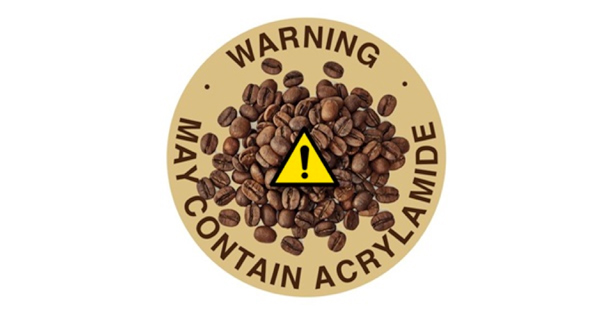“Your Weekly Checkup” is our online column by Dr. Douglas Zipes, an internationally acclaimed cardiologist, professor, author, inventor, and authority on pacing and electrophysiology. Dr. Zipes is also a contributor to The Saturday Evening Post print magazine. Subscribe to receive thoughtful articles, new fiction, health and wellness advice, and gems from our archive.
Order Dr. Zipes’ new book, Damn the Naysayers: A Doctor’s Memoir.
In last week’s column I discussed the potential beneficial effects of coffee and caffeine on the heart. After reading the column my editor rightly asked, “Wait a minute. What about cancer?” He called my attention to the preliminary ruling of a Los Angeles Superior Court judge that coffee purveyors must warn consumers about a potential cancer risk. According to California’s Safe Drinking Water and Toxic Enforcement Act of 1986, also known as Proposition 65, businesses with more than 10 employees must warn consumers if their products contain one of many chemicals that the state has ruled as carcinogenic. One such chemical is acrylamide, which causes cancer in rats given high doses not comparable to anything we ingest.
Acrylamide is created almost anytime we cook starches at temperatures above 250 degrees Fahrenheit, whether it is toasted bread, French fries, breakfast cereals, snack foods like potato chips, cookies, pretzels, and crackers, or roasted coffee beans. It is found in about 40 percent of the calories consumed by Americans. There appears to be no way to roast coffee beans without producing some acrylamide.
The website of the American Cancer Society reports that “there are currently no cancer types for which there is clearly an increased risk related to acrylamide intake.” The International Agency for Research on Cancer calls it a “probable human carcinogen,” based primarily on animal research, but then hedged, saying “drinking coffee was not classifiable as to its carcinogenicity to humans.” Most studies show that drinking coffee actually may lower the risk of several types of cancer, including head and neck, colorectal, breast, endometrial, and liver, or exert a neutral effect.
Based on the available evidence I have seen, I would conclude that the potential health benefits from drinking coffee outweigh the cancer risks, which are unclear, but do not seem substantial, if they exist at all. If you are worried about whether your lifestyle increases your risk of cancer, I would suggest the five greatest choices you can make to reduce that risk and live longer: stop smoking (cigarette smoke contains acrylamide), limit alcohol intake, maintain a healthy weight and diet, and exercise. If acrylamide exposure is of concern, cut back on the snack foods rather than coffee.
Become a Saturday Evening Post member and enjoy unlimited access. Subscribe now



